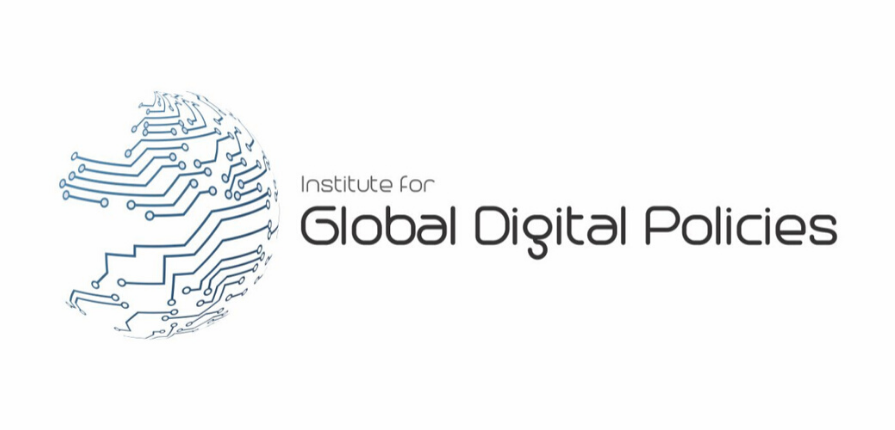
Security and Technology is an accredited master’s program in the field of social sciences, more specifically in international relations, which aims to prepare experts in public policies regarding digitization and international security adapted to the current trend of evolutions in the field of technology. All the program’s graduates will acquire the skills necessary to become a well-documented link between the ICT sector and decision-makers from public institution, international organizations or private companies.
At the same time, the master’s program is addressed to officials from the central and local public administration, as Romania needs experts at all levels to coordinate the digitization process of public institutions and services. It should be mentioned that at this moment Romania is in the last place in the European Union in terms of digitization, and if it had concentrated since the 1990s on this aspect, now it would have had a higher GDP by up to 2.5%. Despite this fact, the ICT sector contributes to the Romanian GDP with more than 6%.
The program is conducted in English and is aimed at individuals interested in a career in public institutions in Romania and the European Union, in international organizations operating in the fields of digitalization and cybersecurity, or in the private sector.
In order to prepare students, the master’s program offers a wide range of interdisciplinary courses covering areas such as: cybersecurity, society and technology, security studies, introduction to computer science, international regulations of cyberspace, digital Single Market or theories of international relations.
The Master’s Program Security and Technology aims to support the training of future specialists, offering a practical and integrated framework for the professional insertion of the master’s students. Thus, the Department of International Relations and European Integration commits to organize meetings between the students of this program and employers, as well as to ensure specialized educational traineeships in the field.
| Cyber Diplomacy | Prof. univ. dr. Iordan Gheorghe Bărbulescu / Expert MAE – Maria Ligor |
| Misinformation and security challenges | Prof. univ. dr. Alina Bârgăoanu |
| Theories in International Relations | Prof. univ. dr. Vasile Secăreș |
| Military technological innovation, strategic stability & arms control | Prof. univ. dr. Vasile Secăreș |
| Security Studies | Conf. univ. dr. Radu Ungureanu |
| Security Informatics | Conf. Univ. Dr. Dragoș Bărbieru |
| Introduction in IT | Conf. Univ. Dr. Dragoș Bărbieru |
| National regulation in the cyber space | Lect. univ. dr. Gabriel Micu |
| Cyber security: geopolitics as usual? | Lect. univ. dr. Ana-Maria Costea |
| International regulation in the Cyber Space | Lect. univ. dr. Ana-Maria Costea |
| Technology and society | Lect. univ. dr. Mihail Caradaică |
| Cryptocurrency and blockchain technology | Lect. univ. dr. Mihail Caradaică |
| Strategic Studies | Lect. univ. dr. Radu Cucută |
| Digital Technology Development Process | Lect. univ. dr. Răzvan Cotovelea |
| EU Digital Single Market | Lect. univ. dr. Victor Negrescu |
| Intelligence in the cyber era | Conf. univ. dr. / Profesor asociat Iulian Chifu |
| Thesis writing | Conf. univ. dr. Radu Ungureanu |
| Practice | Conf. univ. dr. Mihai Ovidiu Cercel |
The admission is based on:
Interview
If your Bachelor’s thesis pertained to one of the above-mentioned fields, you can use one of its chapters.
The essay must be drafted and presented in English at the admission’s interview.